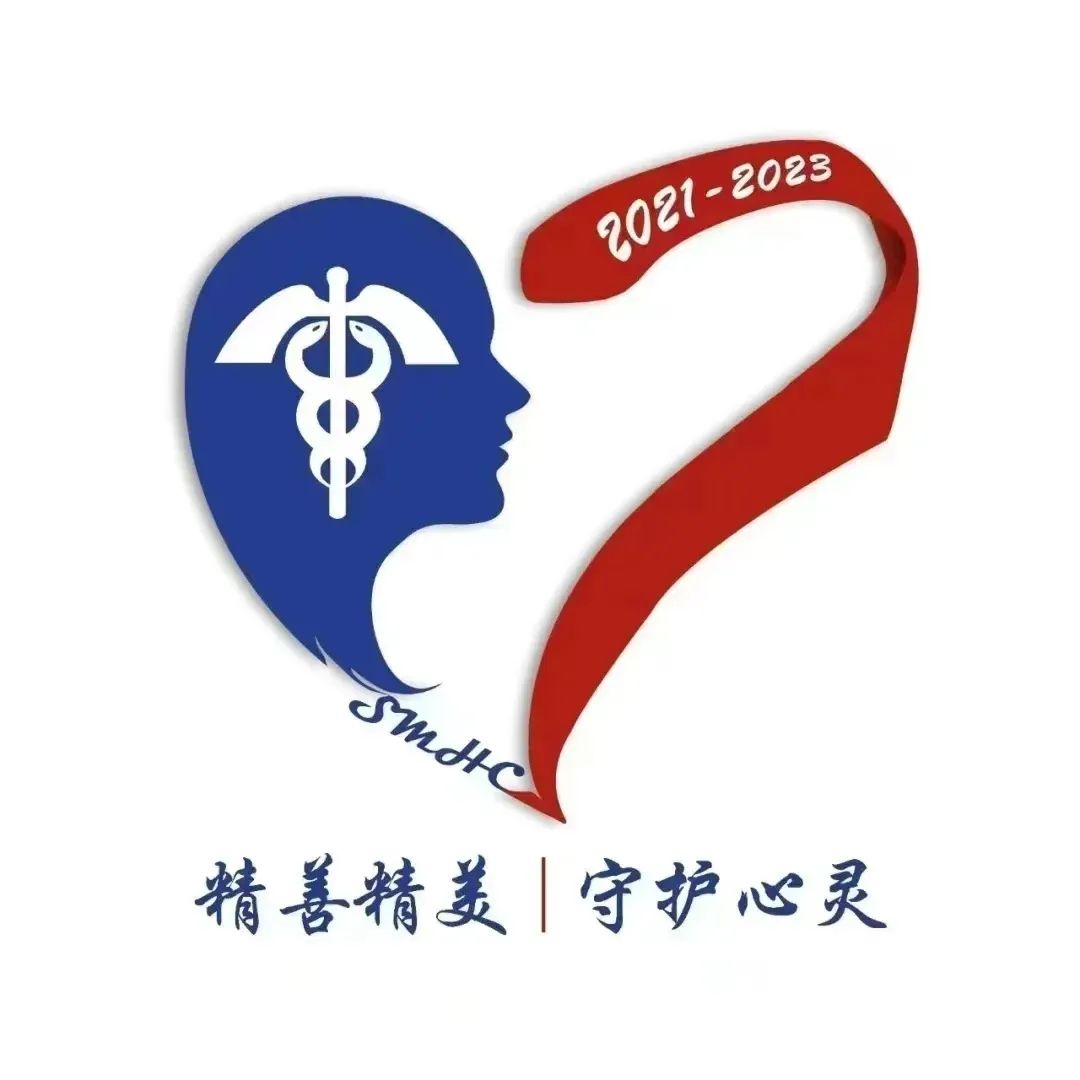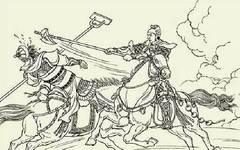 The universe is vast and mysterious. Since Pangu opened the heavens and the earth, myths, historical records, and legends have woven together the rich tapestry of Chinese civilization over five thousand years. Medicine is a benevolent art, and traditional Chinese medicine (TCM) is a rich and precious material and spiritual wealth left by the Chinese nation in its struggle against nature and disease throughout history.
The universe is vast and mysterious. Since Pangu opened the heavens and the earth, myths, historical records, and legends have woven together the rich tapestry of Chinese civilization over five thousand years. Medicine is a benevolent art, and traditional Chinese medicine (TCM) is a rich and precious material and spiritual wealth left by the Chinese nation in its struggle against nature and disease throughout history.
Over two thousand years ago, during the Spring and Autumn and Warring States periods, the medical system of syndrome differentiation and treatment began to take shape. The earliest medical classic in China, the Huangdi Neijing (Yellow Emperor’s Inner Canon), is the most influential medical work in China, focusing on the holistic view of diagnosis and the philosophy of syndrome differentiation and treatment. This classic refers to common emotional changes as the “Seven Emotions” (七情), which include joy, anger, worry, thought, sadness, fear, and shock. Among these, sadness and worry are similar, and fear and shock are similar, which can be summarized as “joy, anger, worry, thought, and fear,” referred to as the “Five Aspirations” (五志). The Seven Emotions and Five Aspirations encompass emotional states corresponding to anxiety.
The famous physician of the Ming Dynasty, Zhang Jingyue, stated in his representative work Leijing that “the injuries caused by emotions, although each of the five organs has its own association, ultimately arise from the heart.” This means that abnormal emotions can lead to imbalances in the yin, yang, qi, and blood of the organs, which may induce or exacerbate heart diseases.
Throughout history, the descendants of Yan and Huang have often enjoyed discussing historical records, folklore, and legendary tales over meals. Therefore, let us first set the stage and discuss a few ancient cases of sudden cardiac death caused by emotional injuries. The analysis of these medical cases will also serve as an introduction to the relevant treatments discussed in Chapter Three of this book.
 Sadness Joy
Sadness Joy
Death by Crying, Death by Laughter
In Xue Family Generals, it is recorded that Cheng Tieniu was the son of the famous Tang Dynasty general Cheng Yaojin. Cheng Yaojin’s sworn brother, Xue Rengui’s grandson, Xue Gang, got into trouble, leading to the execution of the entire Xue family. Later, Xue Gang rebelled against the Tang Dynasty to vindicate the Xue family. Upon hearing this, Cheng Yaojin was overjoyed and, unable to catch his breath, died from laughter. Cheng Tieniu, seeing his father’s death, was heartbroken and, in his grief, also died from a lack of breath.
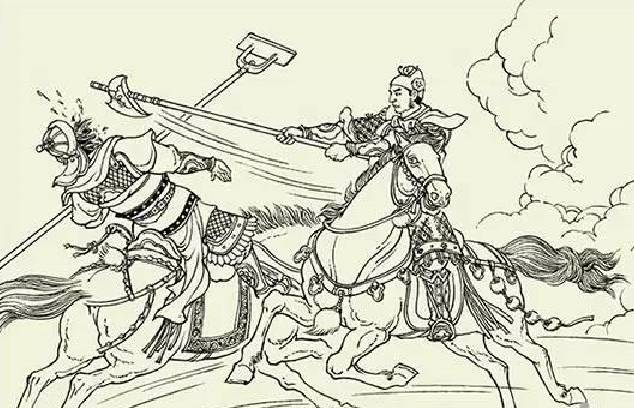
Cheng Tieniu’s Great Battle Against Tuo Pujian
According to Complete Records of Yue, the Southern Song general Niu Gao was strong and valiant. During a battle with the Jin general Jin Wuzhu, Niu Gao outperformed him and laughed, saying, “Wuzhu! Is there a day when you will be captured by me?” Jin Wuzhu, feeling humiliated, opened his eyes wide and shouted, “You will kill me with your anger!” He then spat blood and died on the spot. Niu Gao, extremely excited, laughed towards the sky and also died suddenly from laughter. Both stories illustrate sudden cardiac death caused by excessive joy or sorrow.
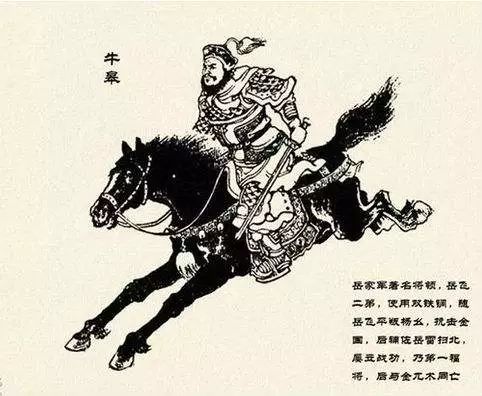
Analysis
As the saying goes: “Joy and sorrow are intertwined,” and “excessive joy leads to sorrow.” According to TCM’s organ theory, the heart corresponds to joy, and the lungs correspond to sadness. Joy calms the qi, while sadness depletes it. Under normal circumstances, joy is a positive emotional activity that can relieve tension and promote emotional well-being. However, excessive joy or extreme sadness can scatter the heart qi, leading to confusion and ultimately resulting in the depletion of heart qi. The ancients naturally provided an ideal answer: “Do not rejoice in external things, nor grieve for oneself.” This means that regardless of success or failure, we should maintain a constant and calm mindset, not belittling ourselves due to temporary success or failure, and always uphold an open and serene state of mind. This traditional Confucian thought is worth modern people reflecting upon repeatedly.
Buddhist Zen sayings also express that “great sorrow has no tears, and great joy has no sound,” which represents another realm.
 Shock Anger
Shock Anger
Death by Anger, Frightening the Kirin
In addition to Jin Wuzhu, who died from anger due to humiliation by Niu Gao, perhaps the most well-known character who died from anger is Zhou Yu from the Romance of the Three Kingdoms. This young talent, who became the commander of the naval forces at the age of 22, was ultimately driven to death by anger due to jealousy of Zhuge Liang.
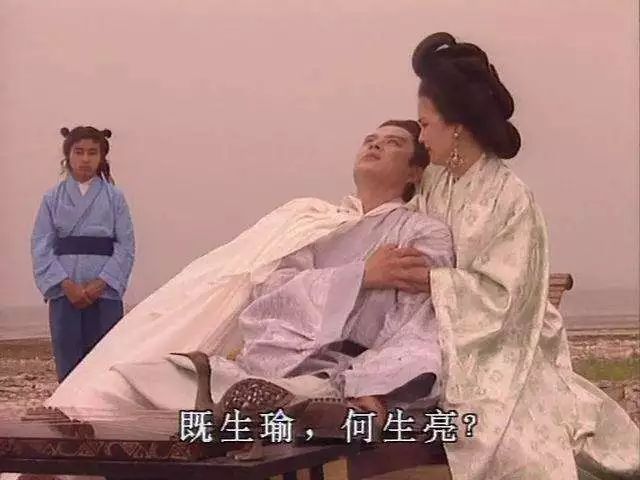
Summer Houjie, known as Kirin. In the Romance of the Three Kingdoms, he is a general of Cao Cao’s army, known not for his military achievements but for the moment when Zhang Fei confronted Cao Cao’s pursuing army at Changban Slope, shouting, “I am Zhang Yide from Yan! Who dares to fight me to the death?” His voice was like thunder. Afterward, Zhang Fei shouted again, “Zhang Yide from Yan is here! Who dares to fight me to the death?” Before his voice faded, Xiahou Jie, who was beside Cao Cao, was so frightened that his liver and gallbladder ruptured, and he fell off his horse, dying instantly.
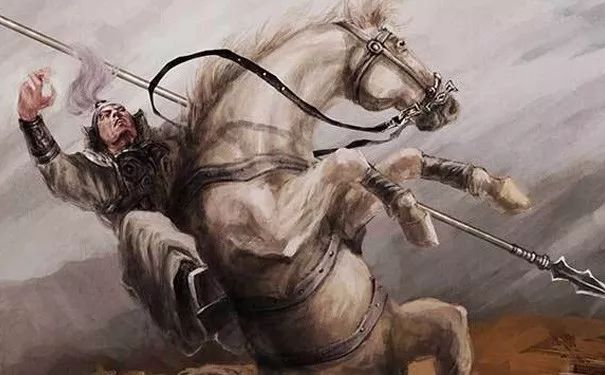
Analysis
This is another case of emotional injury. Shock causes chaotic qi, anger causes qi to rise, and fear causes qi to descend. Recent studies on the biological rhythms of the cardiovascular system have gradually gained attention, reflecting the regulatory effects of neurohumoral factors on the sinoatrial node and the relationship between sympathetic and parasympathetic nervous system activity and their balance. However, many factors influence the occurrence and prognosis of arrhythmias. Research shows that the incidence of arrhythmias significantly increases when the body is in a state of stress. The mechanisms are complex and may involve personality, the central nervous system, genetics, and more.
Modern medicine believes that when a person experiences sudden fear, the body immediately undergoes a strong reaction under the regulation of the central nervous system to cope with the rapid changes in the external environment, which is known as the “stress response.” In this state, the adrenal medulla secretes a large amount of a hormone called adrenaline, which increases heart rate, constricts blood vessels, raises blood pressure, and causes rapid breathing and muscle contraction to protect itself. These responses are meant to deal with stress or danger, providing a powerful boost and explosive power. However, when the secretion of adrenaline sharply increases beyond a certain concentration, it can lead to the death of heart muscle cells and block conduction pathways, resulting in sudden cardiac arrest and death.
The ancient Greek philosopher Heraclitus believed that “everything flows, nothing remains the same.” The changes in nature do not shift according to human subjective will, so it is entirely natural for our psychology to experience anxiety, fear, and unrest. We should accept these emotions and the corresponding challenges rather than evade reality and shirk responsibility, allowing this stress-induced mind-body response to resolve.
All images are sourced from the internet.
Source: Shanghai Mental Health Green Ribbon
